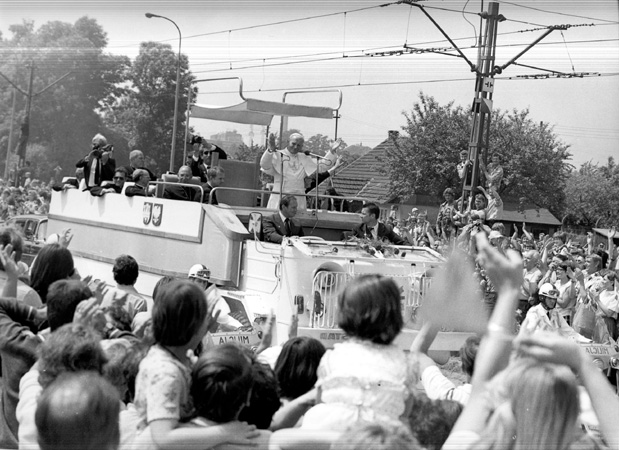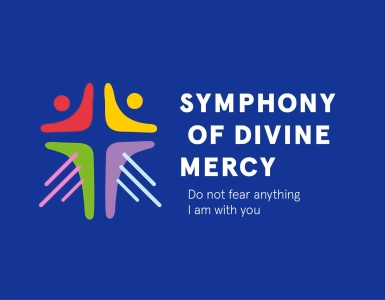There was already a chapel in Bieńczyce. It was there, after repeatedly rejecting the petition to build a church, that people erected a very high cross. The authorities considered this a provocation, a challenge, as if this symbol was the first step to overthrowing the system. The cross was removed. Catholics responded immediately. There were fierce clashes with the militia. There were victims: injured and numerous arrests. Today, it can be said that this was the first confrontation between believers and communists in a socialist city. Nowa Huta, a working-class district, opposed state power, saying: “We have the right! We have the right to freedom of conscience! We have the right to freedom of religion.” (…) It was the first great trial for Bishop Karol Wojtyła. Due to archbishop Baziak’s severe illness, the young auxiliary bishop was forced to make his own decisions. On the one hand, he tried to solve Nowa Huta’s difficult problem, on the other hand he tried to act cautiously not to provoke a larger-scale conflict. At that moment it looked like a desperate undertaking, and yet Karol Wojtyła won. Citing the letter of the law, he began negotiations with representatives of central and local authorities and never gave up, supporting the legitimate demands of the faithful. Finally, the authorities gave way, and gave permission to build a church, although not in the place where the cross was erected, but in another part of Nowa Huta. Archbishop Wojtyła was visiting the construction site. On Christmas Day, he celebrated Christmas midnight mass under the open sky, although sometimes it was freezing cold and was snowing. This is how the Lord’s Ark was created, a new magnificent church, which was a symbol of Poland, which overthrew the myth of a city without God. The people of Nowa Huta understood that the image of the nation did not depend on the imposed regime, which was incapable of representing Polish society, but on the women and men who make up the nation. After twenty years of expectation, anxiety, and struggle, on May 15, 1977, the consecration of the church took place by Cardinal Karol Wojtyła, who as auxiliary bishop forever linked his name to Nowa Huta.
With the consent of Cardinal Stanisław Dziwisz – “Testimony”.
TBA marketing communication Publishing House. Warsaw 2007





